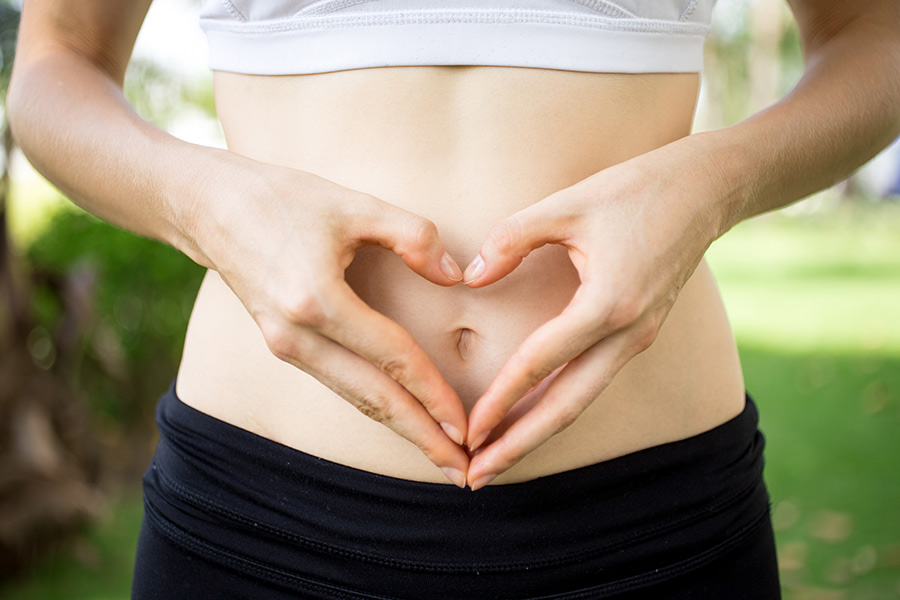Boost Your Gut Health

Maintaining good gut health is essential for overall well-being. A well-balanced gut contributes to a stronger immune system, better digestion, and even improved mood. Whether you’re struggling with digestive issues or simply want to optimize your gut health, here are some friendly tips to help you along the way.
Embrace Fiber-Rich Foods
Including plenty of fiber in your diet is a fantastic way to promote healthy digestion. Fiber acts like a broom for your digestive system, helping to move waste through your intestines and preventing constipation. Whole grains, fruits, vegetables, legumes, and nuts are all excellent sources of fiber.
Stay Hydrated
Drinking enough water throughout the day is crucial for maintaining proper digestive function. Water helps soften stool and allows your digestive system to work efficiently. Aim for at least 8 glasses of water daily and increase your intake if you’re physically active or in hot weather.
Probiotics and Prebiotics
Probiotics are beneficial bacteria that support a balanced gut microbiome, while prebiotics are food for these friendly bacteria. Yogurt, kefir, sauerkraut, kimchi, and other fermented foods are rich in probiotics. Prebiotics can be found in foods like garlic, onions, bananas, and asparagus.
Mindful Eating
Eating slowly and mindfully can greatly aid digestion. Chew your food thoroughly, allowing your body to break it down more easily. Avoid rushing through meals, as this can lead to swallowing air and indigestion.
Limit Processed Foods
Highly processed foods often lack essential nutrients and can disrupt the balance of your gut microbiome. They are typically low in fiber and high in unhealthy fats and sugars. Opt for whole, nutrient-dense foods to nourish your body and gut.
Reduce Stress
Stress can impact your gut health by affecting the balance of bacteria and causing digestive discomfort. Engage in stress-reducing activities like yoga, meditation, deep breathing exercises, or spending time in nature to promote a healthier gut-brain connection.
Regular Exercise
Physical activity not only benefits your heart and muscles but also aids digestion. Exercise helps stimulate the muscles of the gastrointestinal tract, promoting smoother movement of food through the system.
Stay Active After Meals
Taking a short walk after meals can aid digestion by encouraging food to move through your digestive system. It also helps control blood sugar levels and reduces the risk of bloating.
Limit Antibiotic Use
While antibiotics are essential for fighting infections, overuse can disrupt your gut microbiome. When prescribed antibiotics, always follow your doctor’s instructions and consider consuming probiotic-rich foods to help restore balance.
Listen to Your Body
Every individual is unique, so pay attention to how your body responds to different foods. Certain foods might trigger discomfort or digestive issues for you, even if they are generally considered healthy. Adjust your diet accordingly.
Ready to Start Losing Weight with the HCG Diet Plan?
Click here to learn more about the HCG formula and the HCG diet program. While you’re there, you can also find links to both prescription and OTC versions of HCG with no doctor office visit needed.



